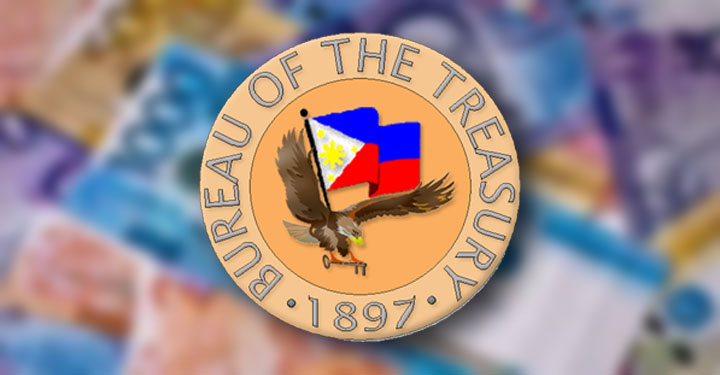State subsidies to government-owned and -controlled corporations (GOCCs) dropped in August, but the Duterte administration’s total monetary aid to these companies continued to rise in the first eight months of the year.
State subsidies to government-owned and -controlled corporations (GOCCs) dropped in August, but the Duterte administration’s total monetary aid to these companies continued to rise in the first eight months of the year.
Data from the Bureau of the Treasury showed the national government had disbursed P6.08 billion in subsidies to state-run firms in August, lower by 18 compared with P7.4 billion in the same month a year ago.
Based the Treasury report, nearly half or 46.3 percent of the total subsidy releases, equivalent to P2.82 billion, went to the National Irrigation Administration (NIA).
At end-August, the total financial support given to the agency amounted to P23.89 billion.
In January, President Rodrigo R. Duterte stopped the NIA from collecting the Irrigation Service Fee (ISF) from farmers. There is also a bill pending in Congress seeking to make the agency’s free irrigation program permanent.
After NIA, the second biggest recipient of monetary help was the Philippine Crop Insurance Corp. (PCIC), the implementing agency of the government’s agricultural insurance program.
Based on the Treasury data, PCIC received P1.4 billion worth of subsidy from the national government in August, its first financial aid for the year.
Subsidies to NIA and PCIC cornered 69.3 percent of the government’s total disbursements for the month.
Meanwhile, other GOCCs that enjoyed financial aid were the Social Housing Finance Corp. (P929 million), Small Business Corp. (P350 million), National Power Corp. (P263 million), and the Philippine Children’s Medical Center (P89 million).
Subsidies also went to Subic Bay Metropolitan Authority (P65 million), Philippine Rice Research Institute (P38 million), Philippine Heart Center (P38 million), Philippine Institute for Development Studies (P27 million), and Lung Center of the Philippines (P22 million) received subsidies in August.
Other recipients were Center for International Trade Expositions and Missions (P16 million), Zamboanga City Special Economic Zone Authority (P8 million) and Southern Philippines Development Authority (P3 million).
In the first eight months of the year, the Treasury reported that the national government’s total subsidies to GOCCs stood at P81.17 billion, up by 2.4 percent compared with P79.26 billion in the same period last year.
For next year, the national government earmarked a record P162.55 billion in financial aid for GOCCs and government financial institutions (GFIs), up by 20 percent compared with the projected P135.51-billion disbursements this year.
The increase is attributed to the government’s non-recurring expenses on the conditional cash-transfer (CCT) program being facilitated by the Land Bank of the Philippines, which aims to support Filipino households that will be affected by the proposed tax reform package.
Aside from the CCT, the government has also tapped the Development Bank of the Philippines (DBP) to help in funding the planned public utility vehicle (PUV) modernization program.
The Land Bank and DBP are traditionally non-recipients of monetary aid from the national government as these two state-owned lenders are members of the so-called “Billionaires’ Club,” an elite class of GOCCs that declare P1 billion or more in dividends annually.
The budget department is allocating P25.62 billion in subsidies for Land Bank next year and another P1.13 billion for the DBP.
Source: business.mb.com.ph
